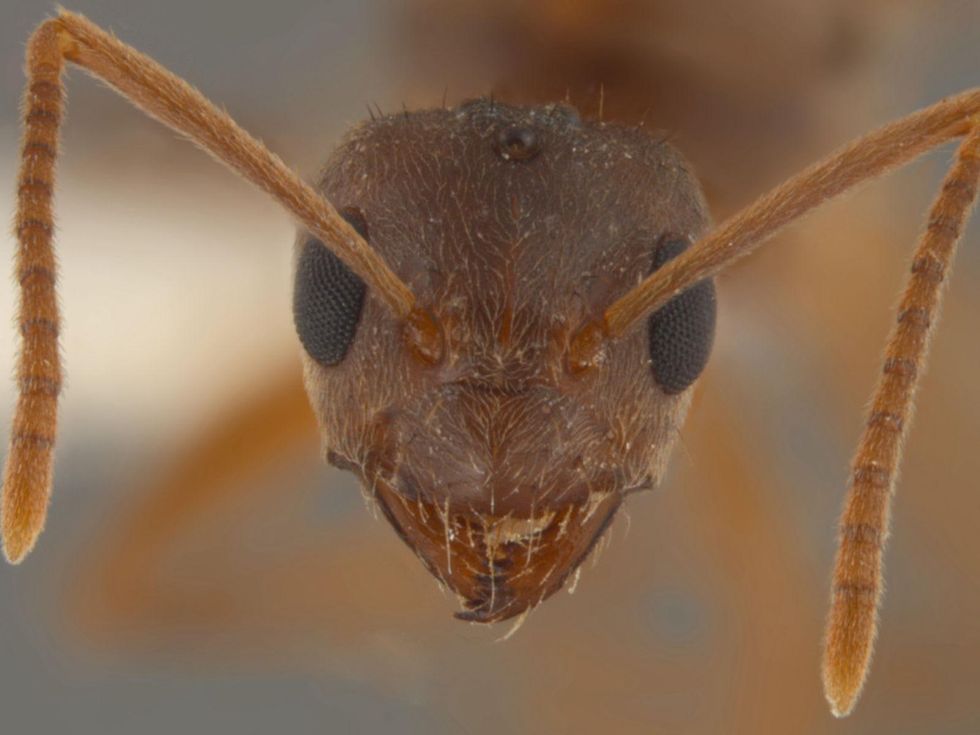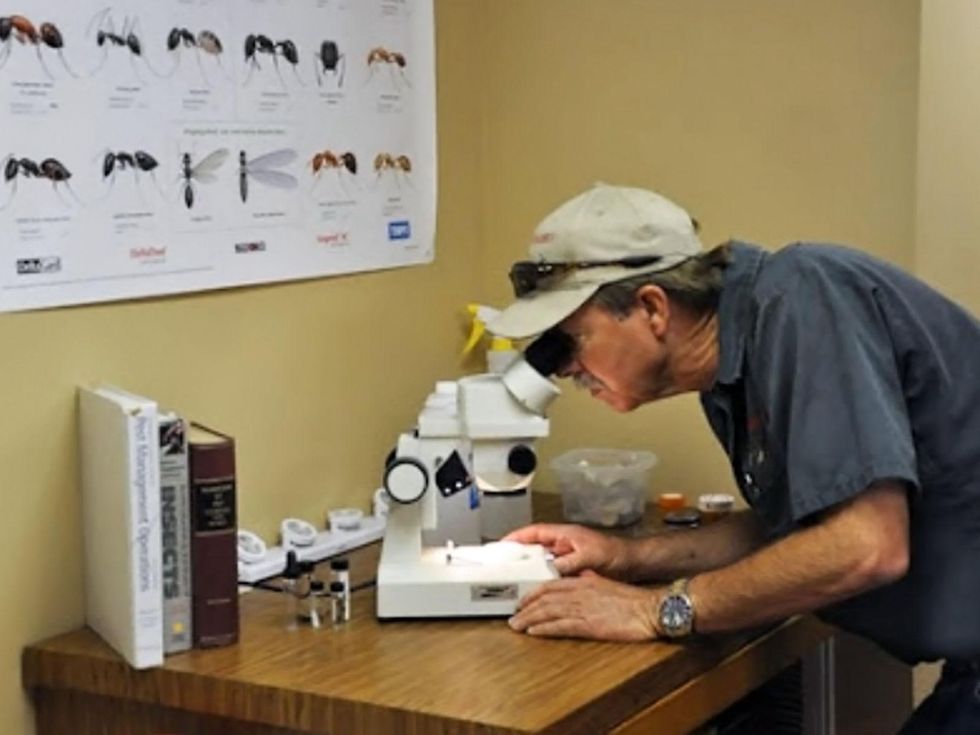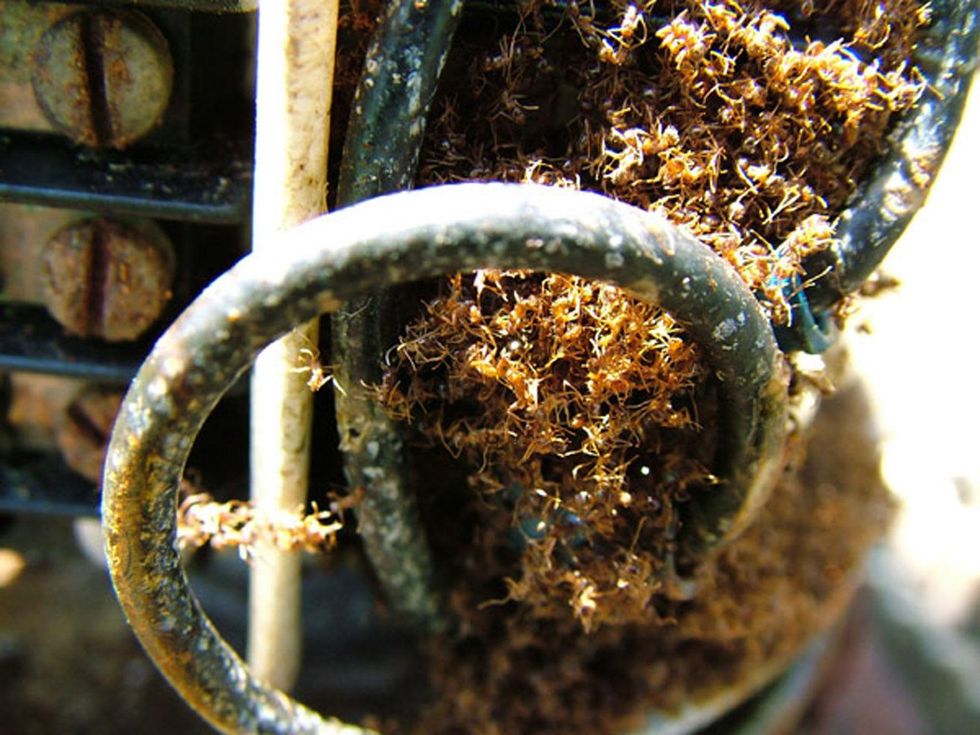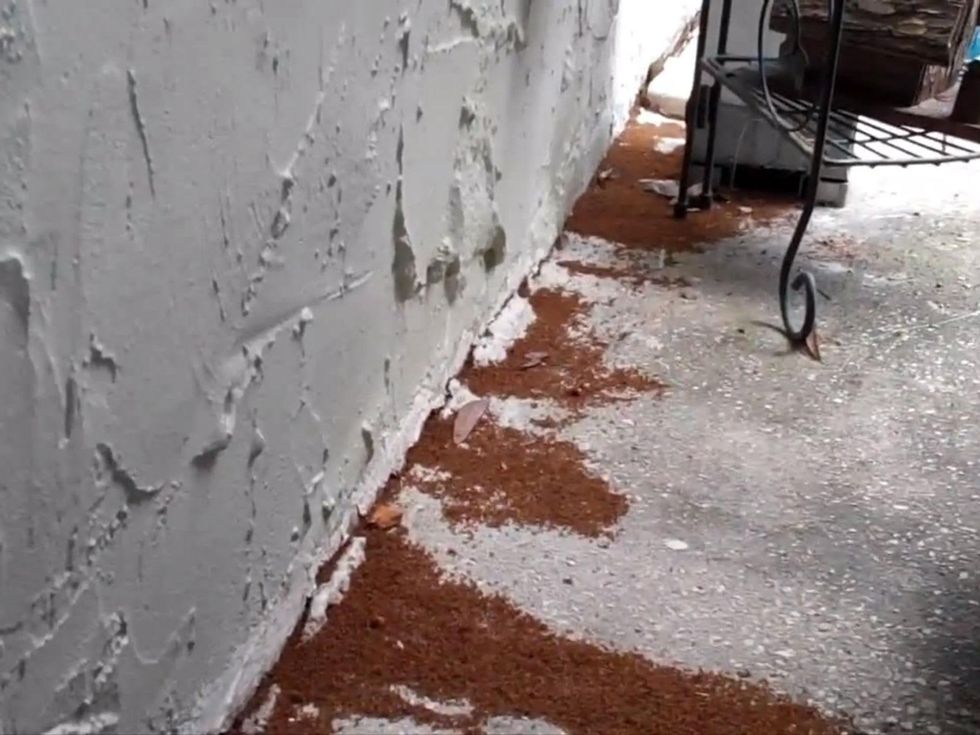Bugged Out
Creepy crazy ants swarm into Houston: Billions of them are invading — with the warm weather
An upsurge in computer glitches and even sudden power outages are very possible in the next few weeks as a familiar but very unwanted "bug" returns to Houston.
Make that "bugs," plural, as billions of tiny Rasberry crazy ants are expected to take over Houston and 20 surrounding counties soon, building their mega-colonies, often in homes, where they attack and destroy electrical wiring and insulation.
Their dreaded rouse can be blamed on warmer temperatures bringing these insane insects out of winter dormancy once again. So far, researchers have not documented any native animals preying on them, so the crazies' colonies run amok, sometimes growing 100 times the size of other ants' nests living in the same area, according to a report in Smithsonian Magazine.
"I’ve been in houses where every time you took a step you’d literally be stepping on thousands of ants with each step.”
In fact, crazy ants reproduce so quickly that in a very short time period, 15 to 20 billion of them can infest a one-acre field, an expert told Fox News in a recent interview.
The South American species is believed to have invaded the United States via cargo ship in the 1930s, along with their infamous cousins, fire ants. They were first spotted in Houston in 2002 by that expert, Pearland exterminator Tom Rasberry, from which the insect's name is derived. And ever since then, these pesky pests have become a scourge that residents have to endure each year.
Also known as tawny crazy ants, they do resemble fire ants, but have a slightly lighter rust color and a truly bizarre, very erratic, manner of walking — hence, the crazy label.
"Tawny ants build temporary nests in existing cavities. In a forest, they might pick a hollow in a tree. But in an urban environment, they tend to look in and around buildings," Scott Solomon, Rice University evolutionary biologist and ant expert, explained to CultureMap in an interview last year.
Though they don't sting, he added, tawny ants do have a strange and annoying penchant for electronics, overrunning and shorting out everything from fuse boxes to laptop computers. Overheating, corrosion and mechanical failures also result from accumulations of dead ants — piles of them in and around electrical devices.
"They’ve gotten into electronic systems in chemical plants and shorted-out equipment that forced the plants to shut down entire units," Rasberry told Fox News. "I’ve been in houses where every time you took a step you’d literally be stepping on thousands of ants with each step.”
Even NASA isn't immune from attack, as the tiny invaders infested the Johnson Space Center a few years ago.
Rasberry continues to work with Texas A&M and the Texas Department of Agriculture on finding a solution to stop the crazy ants.




